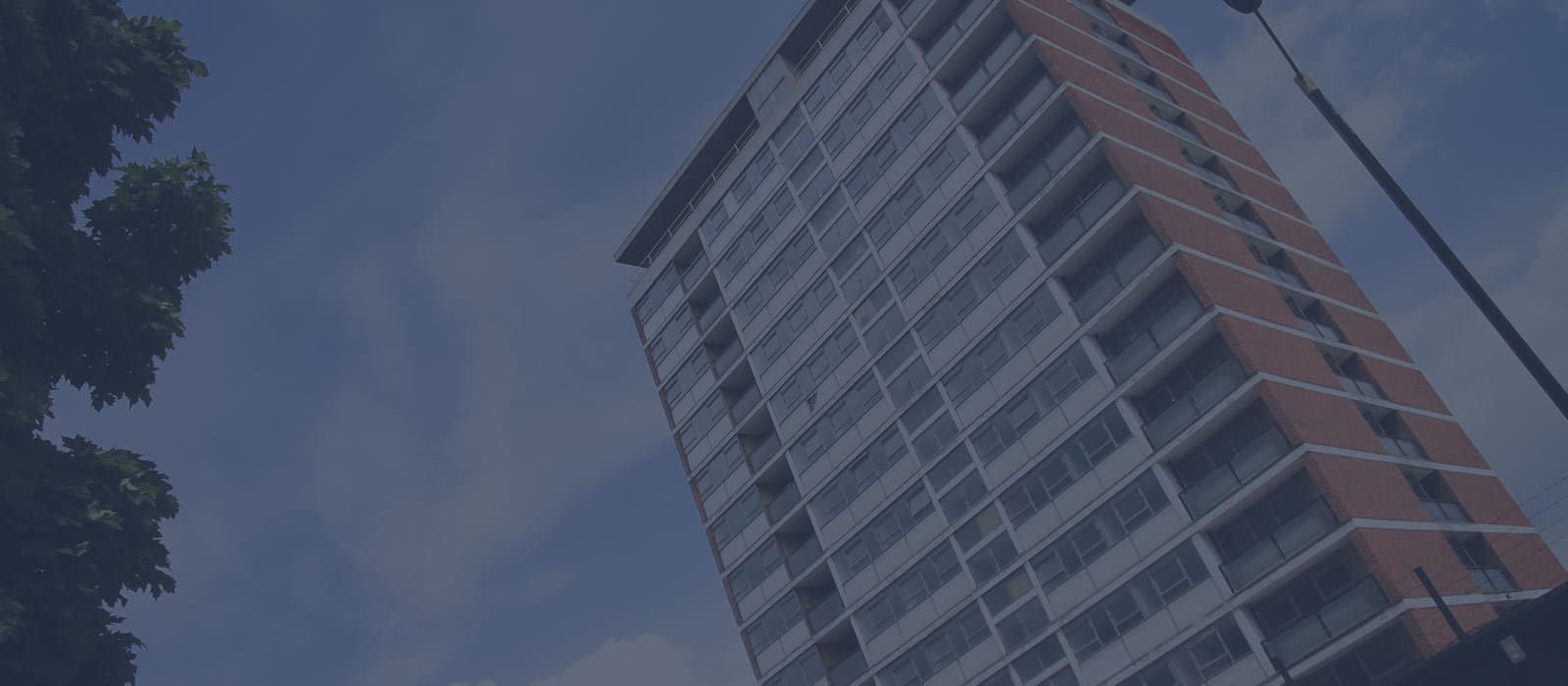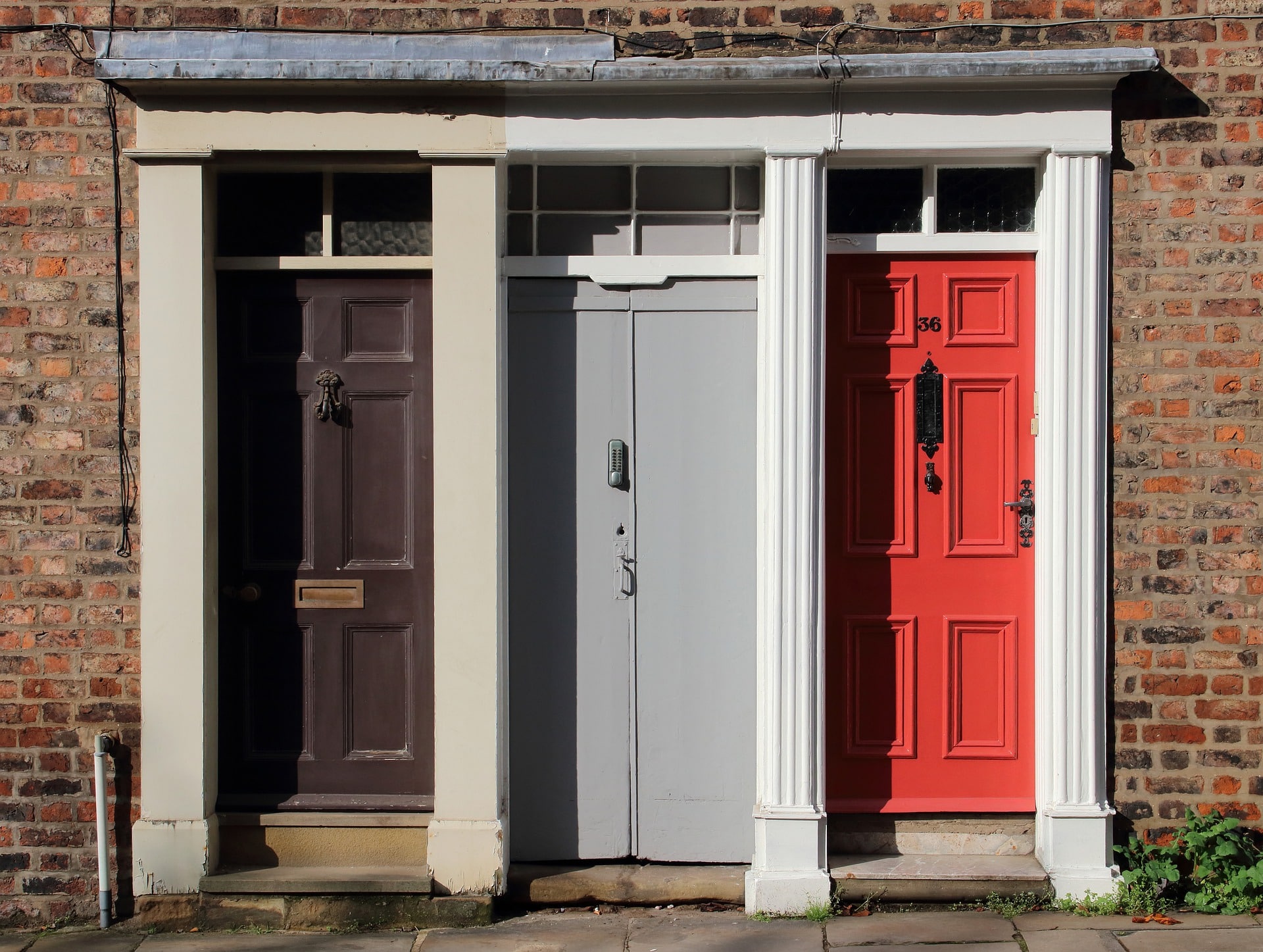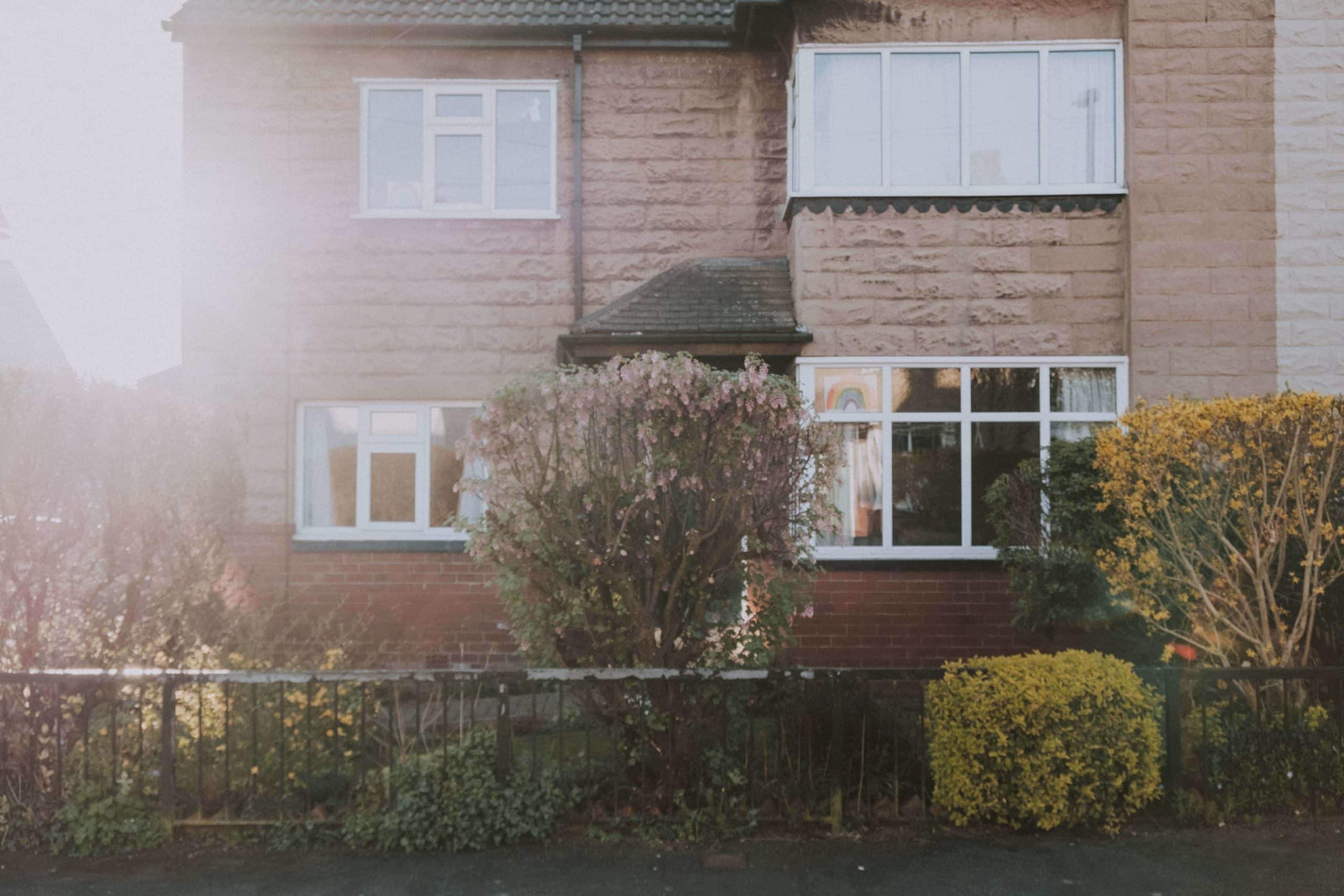Whether you’re nervously making an initial offer to buy your first home or a seasoned property veteran making another one in a long line of house sales, the negotiation process is always scary.
As well as the numbers involved likely being orders of magnitude greater than what you deal with on a daily basis, negotiation just isn’t a skill most people often use. And a good negotiation process could save you thousands, or even tens of thousands of pounds.
Before you start this difficult process, we’ve gathered some top tips from our sell house fast experts designed to help you get the best deal possible.
Read on to learn how to make an offer on a house or sell your home for the highest price possible.
How to make the right offer
You’ve found the property of your dreams and now comes the minefield that is putting in an offer. Whilst your estate agent can give you their best advice, it is up to you to decide what you’d be willing to pay for the home. It can be a game of cat and mouse between you and the vendor, so knowing how to make the best possible offer is paramount.
Questions to ask your estate agent
Whilst your estate agent may not know everything you’d like to know about the home, they should at least be armed with any basic information. Most agents will contact the property owner if you have any questions they cannot answer.
You should go to viewings with a list of questions prepared relating to the property and the area. Ask such things as why the owners are leaving the property, what the neighbours are like, whether the property is at risk of flooding and whether it has had any major work carried out on it.
There is no harm in taking a list of questions to tick off as you view a property and a pad to take notes.
Pre-offer considerations
Before you make an offer on a property, consider the following points to help decide what to offer:
- Are the owners in a rush to sell? Do they need to sell by a certain date?
- How long has the property been on the market?
- How many people are considering putting an offer in on the property you want?
- What are house prices of similar properties on the same street?
- Are the owners accepting offers in the region of? Offers over a certain amount?
- Could you afford the property comfortably if you had to offer the asking price?
Making your offer
The estate agent will handle the process of putting in offers for you. By this point, they know the seller well and they are aware of your situation too. However, remember that the estate agent works for the seller and the higher the property sells for, the more commission they receive!
Before you put in a first offer, agree a figure that would be the absolute maximum you would be willing to spend on the property.
If there isn’t much interest in the property, you could put forward an offer around £15,000 below your best and final offer. Whilst it may seem cheeky, it will give you a chance to gauge the reaction from the agent and their client. This also gives you £15,000 worth of negotiation space.
If there are multiple offers coming in, you will need to change your strategy and the seller’s agent will keep you abreast of any counter offers placed. If your maximum is lower than the asking price, the agent may suggest you put in a best and final offer.
Be sure that your estate agent highlights any buyer strengths to the sellers. These could include:
- Being a first-time buyer
- Being a chain-free buyer
- Having your mortgage agreed in principle
- Being an enthusiastic buyer and keen for the property
- Being flexible to the seller’s requirements
What happens after you make an offer?
Once you have made an initial offer it will either be accepted or declined. You may also be outbid by somebody else who proposed a higher offer. If your offer is rejected or you are outbid, you can put in another offer. This process can go backwards and forwards multiple times.
If you have an offer accepted, the seller’s agent will draw up a document for you that is titled ‘subject to survey and contract’. At this point the house is not yours and either party can pull out if they wish.
At this point, you should get in touch with your mortgage provider. You will already have a mortgage agreement in principle with them, so completing the full application won’t take long. You’ll need to supply:
- Your passport or driving license
- Proof of address (council tax or utility bill)
- Your three most recent payslips
- Your most recent P60
- Any details of credit commitments
- Student loan
- Credit card statements
- Loans
Gazumping
If you’ve had an offer accepted, ask the seller’s agent to take it off the market. Be aware that they do not have to.
Removing the property from the market means a less likely chance of somebody else sneaking in and offering a higher price to the sellers. Yes, this can happen even when a seller has accepted your offer and it is called gazumping. It is completely legal but not good etiquette in the property world.
Sometimes you are able to put down a non-refundable deposit to lock-in the sale and protect you from gazumpers. However, not all agents operate in this way.
How to negotiate your house sale
The time has come for you to sell your property… and thankfully, you have just received an offer.
But what if the offer you receive is lower than you’d hoped? The process of negotiating the selling price of your property can sometimes be challenging and awkward – particularly if it’s your first time selling.
Don’t be impulsive with the first offer
9 times out of 10, the first offer you receive will be lower than you were hoping. Most buyers don’t expect their first offer to be accepted anyway – and will lower their initial offer to gauge how you respond.
If you have only just put your house up for sale, and you get a good offer, then this may be a sign that your property is “hot property” and is going to sell well. Therefore, you should wait to see if more offers appear over the following week.
Having said that, the best buyers are often first through the door, and the early days of putting your property on the market are when you tend to see the most activity. The longer your house is on the market, the harder it is to justify its price, so you’ll want to keep this in mind too.
Pit potential buyers against each other
If there are other buyers interested in your property, make sure your selling agent tells them that you have an offer that you are considering. This often galvanises other serious interest to reveal itself – and if two or more buyers are making offers on your home, then you may be able to work the price upwards.
Judge the quality of the buyer
You can often secure a higher offer on your house if the buyer has failed to meet all necessary reassurances for sale.
For example, if you receive an offer from someone who has no proof of funding, you may get away with asking for a higher price to make up for this lack of security.
Likewise, you have more power to negotiate on house prices if the interested party is part of a property chain. This is because you (as a seller) have less security in selling to them due to the potential for the chain to break down… and therefore can negotiate for a higher price to make up for this.
Provide a counter-offer
Your negotiations with potential buyers will be significantly more productive if you provide a counter offer to too-low offers. This is because you will give the interested party a measure of how close they are to your ‘desired figure’.
Simply saying no is much less helpful and can often result in an immediate negotiation breakdown.
The process of offering and counter-offering is a headache for some sellers – which is why they may choose to sell through a cash house buyer like WeBuyAnyHome.
Make small concessions to “sweeten up” the buyer
Many sellers are adamant that they will stick to the asking price for their property. In many cases, this is a reasonable approach if the property has been priced correctly by the estate agent.
However, if you have not received an offer on your property which satisfies you, there is another negotiation tactic you can try… which is making concessions.
Examples of concessions that cost almost no money but which can sweeten up your buyer to raise their offer include:
- Include furniture with the sale of your house
- Offer to pay a small percentage of the buyer’s costs
- Agree to move out on a date that is favourable to the buyer
- Off-set the cost of a future needed repair
These concessions give you the leverage to stick to your original asking price while increasing the likelihood that the buyer will increase their offer.
Do not make amendments without discussing with your estate agent
Once you are receiving offers on your house, you may find that all the offers are way below your asking price… and your property has been overvalued. In this case, you should not reduce the asking price without discussing this with your estate agent (and perhaps getting an independent second opinion if you feel uncertain).
Furthermore, if you receive an offer that matches your asking price, but which also requires you to cover significant costs, then you should discuss this scenario with your estate agent. After all, the additional costs may negate the fact that you are being offered a reasonable sum… and therefore, for this buyer, you may wish to increase your asking price.
Avoid the hassle of selling on the market with WeBuyAnyHome
At WeBuyAnyHome, we know how difficult it is to sell a house quickly, which is why we have found a way for homeowners to speed up the process, so whatever the reason – you can get the fast house sale you require.
We are cash house buyers who can get the sale of your property completed in less than 7 days.


















